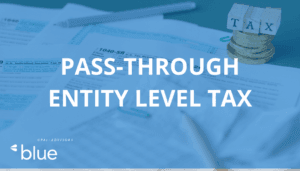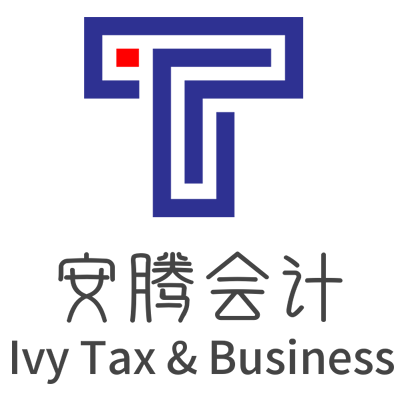Introduction: 
Pass-through entities, including partnerships, S corporations, and limited liability companies (LLCs), offer a unique tax structure that allows income to “pass through” to the owners’ individual tax returns. However, understanding the elective tax options available for pass-through entities is crucial for optimizing tax efficiency. In this blog post, we’ll delve into the concept of pass-through entity elective tax, exploring its benefits and considerations.
- Pass-Through Entity Basics:
- Begin by understanding the fundamental concept of pass-through entities. These entities do not pay income taxes themselves; instead, profits and losses are passed through to the owners’ personal tax returns.
- Elective Tax Options:
- Pass-through entities often have the option to choose how they want to be taxed. Common options include the default tax treatment and the option to be taxed as a C corporation, known as the pass-through entity elective tax.
- Default Tax Treatment:
- By default, pass-through entities are taxed according to the owners’ individual tax rates. This is often beneficial as it avoids the double taxation associated with C corporations.
- Pass-Through Entity Elective Tax as a C Corporation:
- Pass-through entities can elect to be taxed as C corporations. While this may subject them to corporate income tax, it could be advantageous in certain situations, such as when retaining earnings within the business is a priority.
- Benefits of Electing C Corporation Taxation:
- Explore the benefits of choosing C corporation taxation, including access to different deductions, potentially lower tax rates on certain income, and the ability to retain earnings at a lower tax cost.
- Considerations Before Making the Election:
- Before opting for C corporation taxation, carefully consider factors such as the business’s financial goals, distribution plans, and the impact on individual owners’ tax situations.
- Potential Drawbacks:
- While there are benefits, there are also potential drawbacks to electing C corporation taxation, such as the risk of double taxation if profits are distributed as dividends.
- Consult with Ivy Tax & Business Inc:
- Seeking professional advice is crucial when considering pass-through entity elective tax options. Ivy Tax & Business Inc can provide personalized guidance, helping you navigate the complexities and make informed decisions aligned with your business goals.
Conclusion:
Understanding the pass-through entity elective tax options empowers business owners to make strategic decisions that align with their financial objectives. Whether sticking with default taxation or electing C corporation status, careful consideration and professional guidance are essential. Contact Ivy Tax & Business Inc for expert assistance in optimizing your pass-through entity’s tax structure.
This article is intended solely for informational purposes and does not constitute legal, financial, or professional advice. Readers are advised to consult professionals in the relevant fields before taking any action to obtain personalized advice.


